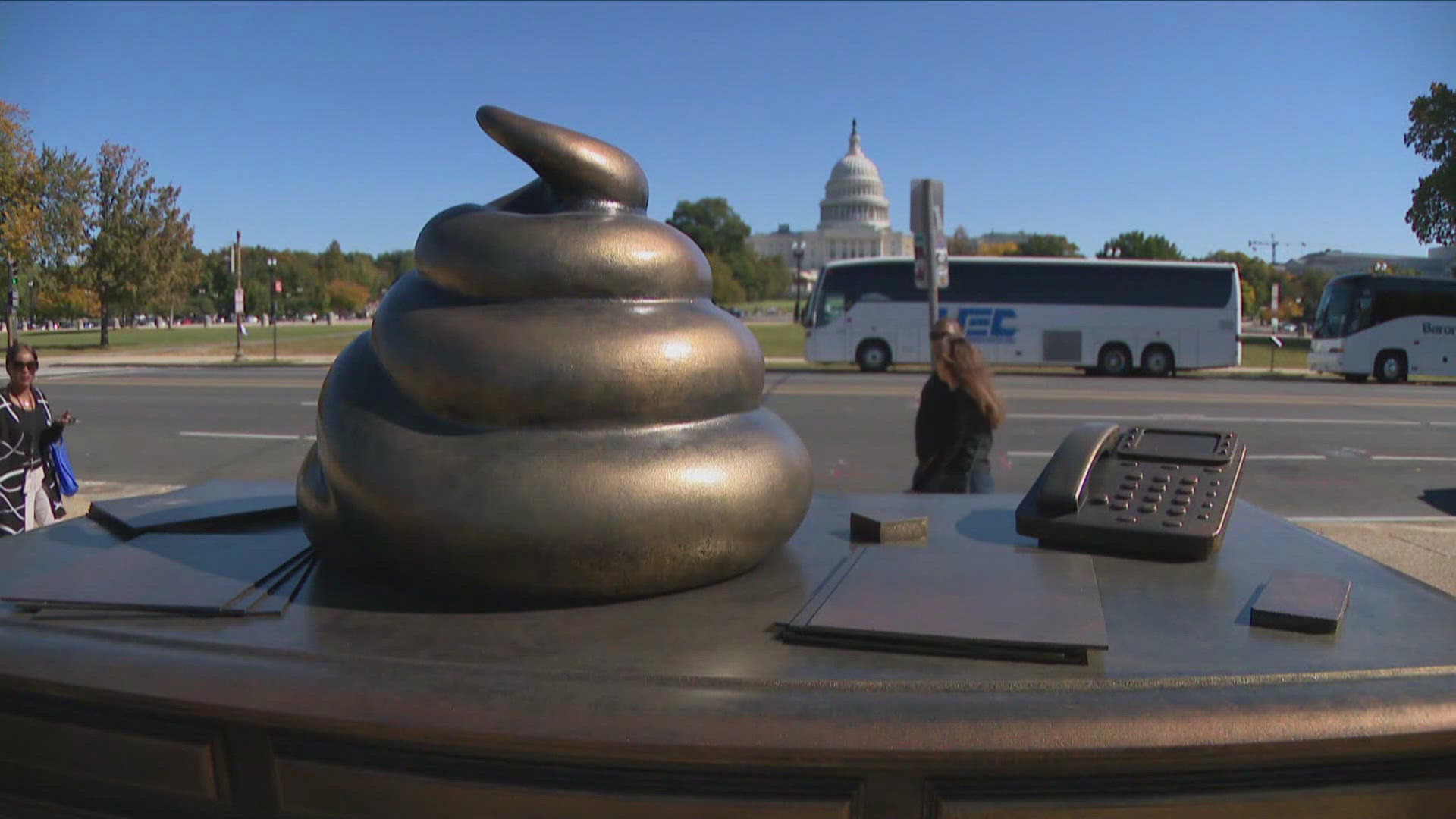Social media was abuzz with puns and humor when Miller Lite sparked a viral sensation with an ad campaign that criticized its own brand for perpetuating sexism. The campaign caught the attention of online users, who couldn’t help but join in the comedic banter.
The satirical ad campaign by Miller Lite prompted witty comments from various sources. “Hold my beer, Budweiser! Miller Lite’s new feminist spokeswoman is here to cuss at you and explain why men are evil,” humorously quipped Not the Bee. Rogan O’Handley, a former Hollywood lawyer turned conservative commentator and supporter of former President Donald Trump, added, “Miller Lite apparently wants the Bud Light boycott treatment too. Newsflash: After a hard day’s work, working-class beer drinkers don’t want to be lectured like they’re in a gender studies class at SUNY-Oswego.”
The advertisement featured comedian Ilana Glazer, who humorously claimed that women were the first brewers in history but were betrayed by corporate America. Glazer jokingly stated, “From Mesopotamia to the Middle Ages to colonial America, women were the ones doing the brewing. Centuries later, how did the industry pay homage to the founding mothers of beer? They put us in bikinis.” As a gesture of reconciliation, Miller Lite announced that they would purchase vintage ad art featuring women in swimwear, which they would then convert into compost to support female brewers. One woman in the ad playfully explained, “That good s*** helps farmers grow quality hops.”
Many accused Miller Lite of following in the footsteps of Bud Light by embracing a “woke” approach, citing Bud Light’s sales decline following a controversial March Madness ad campaign featuring transgender influencer Dylan Mulvaney, which prompted Anheuser-Busch to issue an apology. Anheuser-Busch CEO Brendan Whitworth wrote, “We never intended to be part of a discussion that divides people.”
However, what many people on social media failed to realize was that Miller Lite’s ad was released before Bud Light’s incident and had initially received little attention. It remains unclear if Miller Lite’s ad will have the same impact on beer sales as Bud Light’s. Despite the criticism, some commentators on Twitter expressed appreciation for the ad’s humorous approach.
Commercials, by nature, are subjective, and what may make one person uncomfortable might appeal to someone else. Personal preferences and tastes in commercials vary, and that’s perfectly acceptable. In this case, the author admits to enjoying the old-school Miller Lite commercials, regardless of whether they featured women in bikinis or Bob Uecker impersonating Rodney Dangerfield at a costume party. However, feeling lectured is not something they enjoy.
This brings up questions about why Bud Light and Miller Lite are producing commercials that potentially alienate their own consumer base. Furthermore, why are they delving into controversial topics such as transgenderism, third-wave feminism, and nonbinary gender?
The primary reason lies in the rise of environmental, social, and corporate governance (ESG). Coined during a 2004 United Nations initiative called “Who Cares Wins,” ESG focuses on grading companies’ social performance and advocates for a more caring, socially conscious capitalism that serves all stakeholders. Initially, ESG was merely a set of guidelines and recommendations, but it has evolved into explicit standards enforced by ESG rating agencies, imposing significant costs on publicly traded companies that fail to comply.
However, companies are not necessarily thrilled about having to conform to the demands of a small group of central bankers and asset managers. A 2022 CNBC survey revealed that while executives publicly support ESG, they harbor serious concerns privately. Nevertheless, not adhering to ESG guidelines is not a viable option for these companies.
Miller Lite and Bud Light drinkers have every right to be annoyed by ads they dislike. However, it’s crucial to understand that publicly traded companies like Miller Lite and Bud Light must navigate a delicate balancing act. They must decide whether to risk alienating their consumers or yielding to the demands of ESG influencers, who hold significant sway over their corporate reputations.










